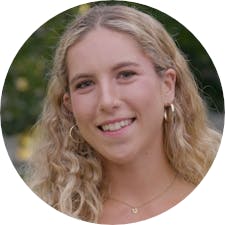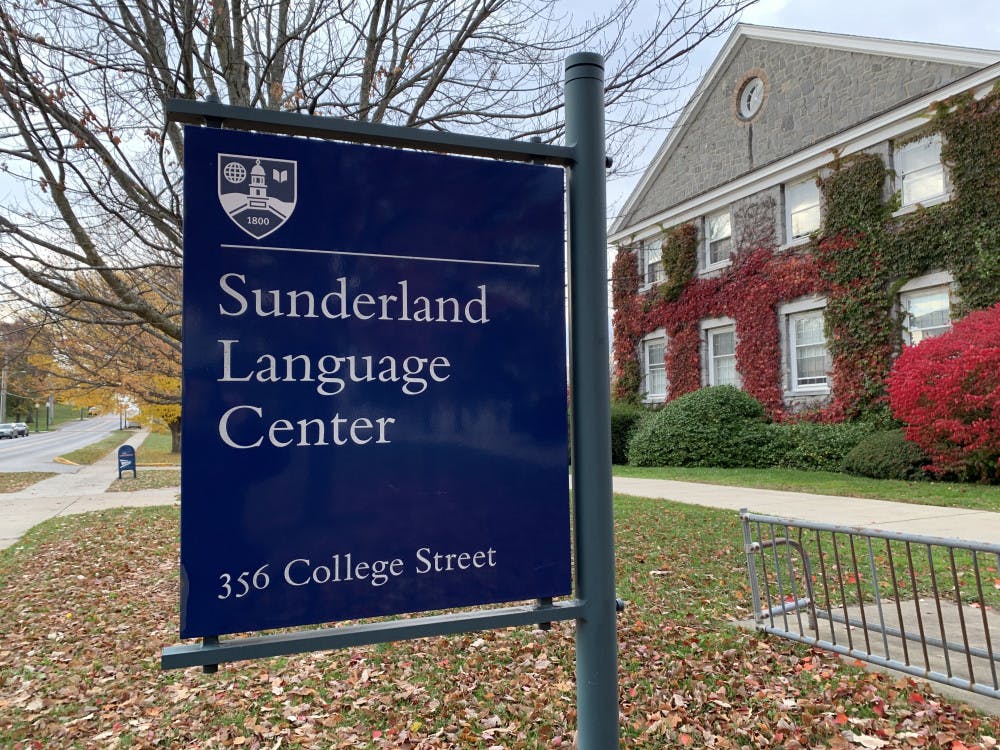Eight Language Schools will return to in-person instruction in Vermont this summer while four will remain online, according to a Feb. 25 announcement from Dean of Language Schools Stephen Snyder.
The Abenaki, Arabic, French, German, Hebrew, Korean, Portuguese and Spanish schools will take place in person, following Covid-19 health protocols similar to Middlebury’s guidelines for the fall and spring academic semesters. The Chinese, Italian, Japanese and Russian Language Schools will all take place virtually, and the School of Hebrew will also offer online options. All Language Schools were online in summer 2020.
In-person students will follow similar protocols as students arriving in the spring, including a pre-arrival quarantine, getting tested upon arrival and quarantining in their rooms until they receive negative test results. Courses will be online for the first week. All students will have single rooms, and the Language Schools will create socially distant co-curricular activities that will primarily take place outside. According to Snyder, some in-person schools will still have online components, but having several programs fully online will help keep campus less crowded.
Snyder worked with the directors of each school to make decisions about modality on a case-by-case basis, considering travel and safety on campus.
According to Cecilia Chang, the director of the Chinese School at Middlebury, finding enough faculty to keep class sizes small — to allow for proper social distancing — would have been challenging, as many potential faculty members were only available to teach over Zoom and could not come to Vermont for the summer.
Last year, concern about Zoom fatigue led the Chinese School to make larger classes asynchronous, allowing students to review class videos on their own time. The program length was also shortened from eight to seven weeks. Small classes averaged only three people, and each student spent 30 minutes in one-on-one discussion with an instructor every afternoon.
This year, the Chinese School will keep the same academic structure and increase the individual discussion time to 40 minutes each day. Chang is hoping to set up a virtual host family with graduate students in China who will host extracurricular events for the students. Students will also be able to apply to be matched with an alum of the program in different career paths.
Last year, more than 1,100 students enrolled in the 2020 Language Schools programs, despite the change in format to fully virtual classes. Approximately 1,500 students enroll in a typical year.
“The language schools in their traditional model are really based on… experiential learning and it takes a great deal of faculty-student interaction and immersion experience,” Snyder said. “Everyone eats together and does activities all day, and that’s really where the proficiency gains come from, so we were struggling last year to recreate that in a virtual space and did the best we could.”
Despite successes last summer with online Language Schools, Snyder and Chang still believe that in-person instruction is the best mode for learning a language.
“Everyone wants to go back. The so-called Middlebury experience… is magical,” Chang said. “As a director and longtime teacher there, I want my students — I want many students — to experience that. It’s a wonderful place to be.”
Applications are still open for the summer 2021 Language Schools and are accepted on a rolling basis.

Katie Futterman '24 (she/her) is a Managing Editor.
Katie previously served as a News Editor and Staff Writer. This past summer, she was a news intern at Seven Days, and she held the same position at the Addison Independent the prior summer. In her free time, she loves to read, write, and bask in the sun.




